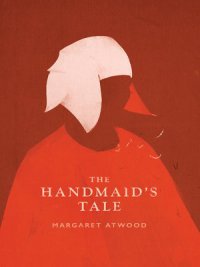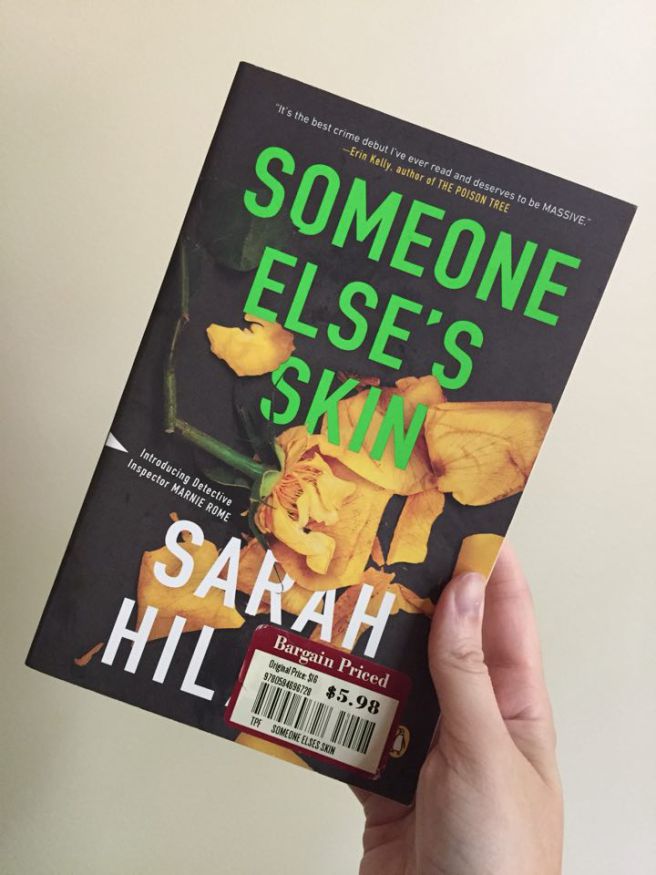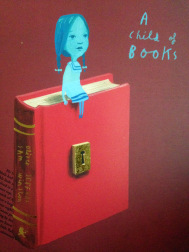 Oh, you know, I just have a MA in English literature, but didn’t read The Handmaid’s Tale until it became a tv show that I also never finished because ¯\_(ツ)_/¯.
Oh, you know, I just have a MA in English literature, but didn’t read The Handmaid’s Tale until it became a tv show that I also never finished because ¯\_(ツ)_/¯.
Better late than never, I guess, because this is a GOOD ONE. Written in 1985, The Handmaid’s Tale is told from the perspective of Offred in a dystopian (but, yes, okay, we ALL AGREE eerily possible) past where the United States isn’t the land of the free so much as the home of a variety of forms of female subjugation, bastardized Christianity, and general terror. It’s a real bad time to be a lady, y’all. Not to be confused with all the good times to be a lady there have been in our history, ha!
Through flashbacks, Offred gives us a lot of information about how the new society of Gilead came to be and how she ended up a “handmaid,” which is essentially a sex slave used for the purpose of procreation. Because she’s an unreliable narrator who enjoys playing with language, memory, truth, and reality there are times when her version of the story is called into question by even her. Her simultaneous and conflicting role in Gilead as both an object of fertile aspiration and an object of shameful sexual debasement is, I think, a key to understanding why her truth is sometimes muddy. As one of the first handmaids she has to marry her former beliefs and behaviors with her indoctrination into a world that has turned itself upside down. That’s no small feat for someone whose options are to live within that tension to survive, commit suicide, or lose her mind.
I’ve read before that Offred is a character people don’t find especially likable, but I felt myself empathizing with her character. This is a real human being with facets and I don’t find anything about that unlikable. If anything, it’s refreshing for a woman to be written without worry about making her likable. To hell with likable, give me someone with depth.
I was a bit disappointed that so many of the answers I wanted about Offred’s story were missing, but the historical notes at the end of the book were an unexpected touch that I appreciated. This last section explained a lot of the background Offred expects her reader/listener to just know – sort of a Wikipedia of Gilead – and it’s almost a relief to see the world has moved so far past Gilead. That is was a terrible blip in history. Almost a relief, but not one. The academics discussing Offred are only interested in her story in so far as what they can glean about the historical period. Offred as a human being isn’t of much interest to them and they instead seem far more interested in the “important” men she mentioned. Again, a woman is nearly written out of her own story and the lack of empathy for this “new world” is exposed. It only takes a few more steps to get right back to Gilead from there.
Share this:




